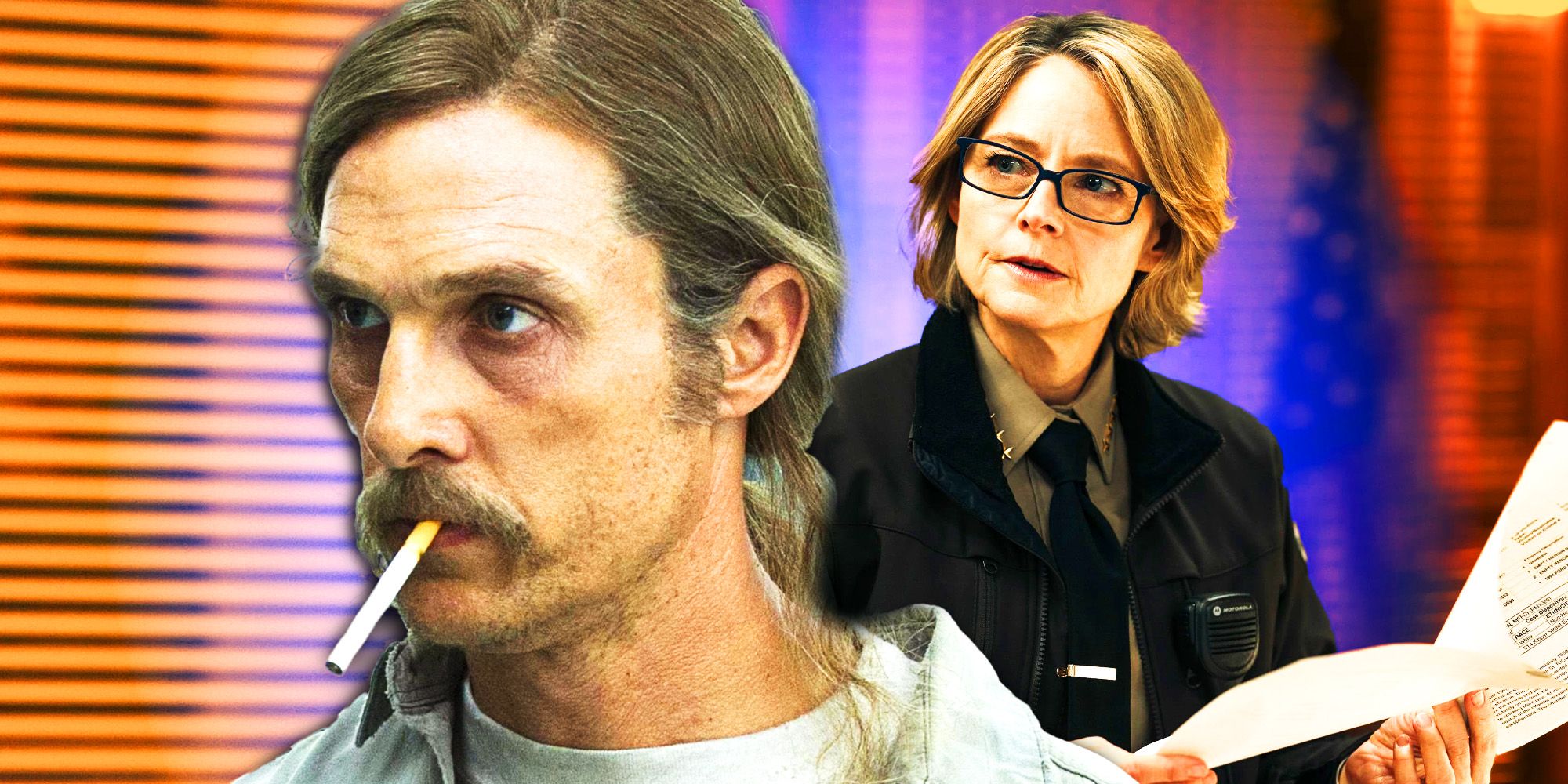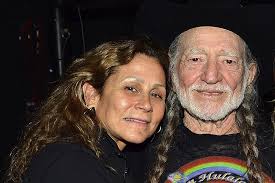Just as True Detective season 1 blended a supernatural mystery with gritty realism, Night Country offers a compelling blend of occult horror and grounded drama. Foster and Reis star as Danvers and Navarro, two investigators attempting to unravel twin mysteries in the frozen Alaskan town of Ennis. One revolves around the mysterious disappearance of a group of scientists, while the other concerns the years-old murder of a woman named Annie K. In the story’s content and wider themes, the show shares many connections with season 1. However, it is the creative force behind the camera that explains why both iterations ultimately succeeded.
True Detective Is Using The Same Director And Writer For Every Episode
Despite True Detective seasons 1 to 3 all being overseen by showrunner Nic Pizzolatto, True Detective: Night Country is actually the first time since season 1 that every episode of a season has had the same writer and director. Whereas for the McConaughey and Harrelson story, Pizzolatto and future James Bond director Cary Joji Fukunaga shared responsibilities, Night Country is uniformly written and directed by Issa López. This is a major departure from seasons 2 and 3.
In season 2, Pizzolatto took the ultimately questionable decision to share writing duties with Scott Lasser for two key episodes. Additionally, six different directors were used across the season’s eight episodes. Season 3 took a similar approach, with Pizzolatto assuming directorial responsibilities for two episodes, with Jeremy Saulnier and Daniel Sackheim sharing responsibilities for the other six. The result was both seasons feeling less coherent than the original. By contrast, Issa López has had total creative freedom over the project, in much the same way as Fukunaga and Pizzolatto represented consistent direction in season 1.
Why Night Country’s Consistency Is So Important

True Detective has also been noted for its distinctive visual style. Much of season 1’s success was owed to Fukunaga’s ability to turn the ghostly beauty of Louisiana’s bayou into a character in its own right. Likewise, Night Country uses the bleak Alaskan night to imbue everything with a pervading sense of dread. Using different directors would inevitably change the overall focus of the show and the particular emphasis on these elements. Whatever True Detective: Night Country‘s flaws, having one person behind the wheel has doubtless helped the show zero in on the themes and visual style it wants to explore most.


